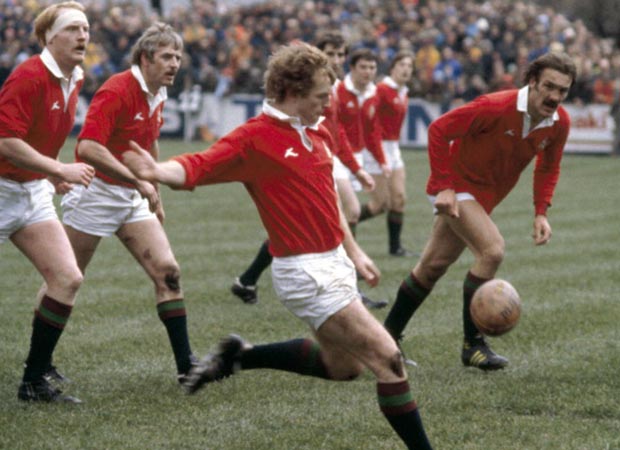
Des Seabrook was the architect of one of the greatest wins an English team has had over the All Blacks, when in 1979 the North side he coached smashed a virtual New Zealand Test side, scoring four tries to one. That 21-9 win at Otley has become part of English rugby folklore, and Seabrook remains one of the most respected elders of the game in these islands.
That respect was evident earlier this week when Seabrook received the ‘Unsung Stalwart of the Game’ award at the annual Rugby Union Writers dinner in London’s west end, taking his place on the stage alongside ‘Personality of the Year’ Eddie Jones and Special Award winner Ben Ryan.
With a 13-match unbeaten England Grand Slam coach and Fiji‘s gold medal Olympic Sevens coach on the rostrum, the company Seabrook found himself in could not have been any more elevated. However, for a register of just how much that win over New Zealand meant 38 years ago – and Seabrook’s inspirational part in it – this reflection from World Rugby chairman Bill Beaumont, then a Lancashire and England lock, says it all.
“If someone ever said to me in all seriousness ‘What’s the greatest 80 minutes you had?’– on the rugby field I hasten to add – then that would be it.”
Yet, despite the resounding victory, and Seabrook and the North selectors having done their job for them, the England selectors ignored the evidence under their noses. They made changes in a number of key positions for the New Zealand international a week later, losing 10-9.
When the plain-speaking Seabrook heard that three of the biggest heroes of the North’s win – Peter Dixon and Roger Uttley in the back row, and fly-half Alan Old – had been overlooked he told Uttley: “Those bastards had already made up their minds what the team would be.”
Seabrook went on to coach England B, Lancashire, and was instrumental as a player and coach in taking Orrell into the top flight of the English club game in the pre-professional era. Even now he is a driving force in the Wigan RUFC Junior section, where his expertise has taken the U14 team to the top of the Lancashire leagues, and helped many young players to realise their potential.
Not only was the award richly deserved, it also presented an unmissable opportunity with a Lions tour of New Zealand little over four months away, to get Seabrook’s views on playing the All Blacks. What is apparent immediately is that although he accepts that many things have changed since he coached in the amateur era, just as many have remained the same – especially when it comes to having the right mind-set to take on and beat New Zealand.
Seabrook points first to the dent put in New Zealand’s ambitions. “This year the All Blacks have been stretched when they came up here. They were beaten once by Ireland, and then pushed hard in the second match.”
He adds: “The mindset you must have is that we are good players – as good as them – and if we go about it in the right way we can beat the All Blacks. It’s about playing them without any fear, and I’m sure that is how the 2017 Lions will approach it.”
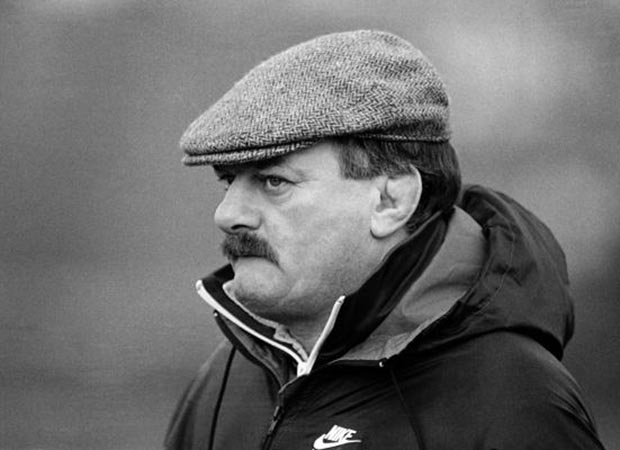 Seabrook, above, says it is also vital to know your enemy, and to have no illusions. “When you go to New Zealand you know it’s not just a game, but a culture. Ask young ‘uns what they want to be and it’s ‘an All Black’. It’s part of their national persona – and the Lions mindset has to be to beat a country, not just 15 players.”
Seabrook, above, says it is also vital to know your enemy, and to have no illusions. “When you go to New Zealand you know it’s not just a game, but a culture. Ask young ‘uns what they want to be and it’s ‘an All Black’. It’s part of their national persona – and the Lions mindset has to be to beat a country, not just 15 players.”
The Lancastrian says that demanding high quality standards, and being tactically sharp are essential: “The thing we have to keep to all the time, and keep hammering home, are high standards, whether it’s fitness, skill, or the vision of how you play. To start with, be smart. Observe the tackle law lads, keep it down – because playing New Zealand with 15 is hard enough, let alone 14.”
He points to England’s long injury list going into the Six Nations as another hazard, and says that the rate of physical attrition in the professional game can only be offset by squads with depth.
“The game is so physical now, and played with such pace and power, that I’m not surprised by the collisions and the injuries. But, we’ve got some good players in the British Isles, and England have benefited from all the leading players playing week in week out for their clubs against each other in a strong league.”
Seabrook still considers New Zealand the team to beat, just as they were when the North played them in 1979, but says that even allowing for home advantage the double world champions are not unassailable.
“The wheel turns, and they can’t be top of the cycle all the time. It’s in those non-peaks when you have a chance to beat them. If you ask me how the North beat them that day in 1979 I’d say we had good players. We had five England captains in that side (Dixon, Uttley, Beaumont, Tony Neary and Fran Cotton) and we were well prepared, well-organised, and our players believed they could beat them.”
He recalls: “Graham Mourie was a great player and a great leader. Andy Haden and Murray Mexted were great players – but some of the others weren’t so great. Their half-backs weren’t Sid Going or Dan Carter, and we knew we could win because our players were as good, or better. So, we weren’t beaten before we got on the field.”
Seabrook says that New Zealand have an uncanny ability to find talismanic players, but that Britain and Ireland are also no slouches in that department.
“The All Blacks have always had phenomenal leaders, and in most of their teams there always seems to be one who has that aura to carry others with them. In the past it was Don Clarke and Colin Meads – and Waka Nathan and Kel Tremain were awesome flankers. But we have our periods as well, and in 1971 we had great players too, and with Gareth Edwards and Mike Gibson we broke the mould.”
Eddie Jones has suggested that what New Zealand like least is being denied the unstructured play which makes their high-speed passing game so effective.
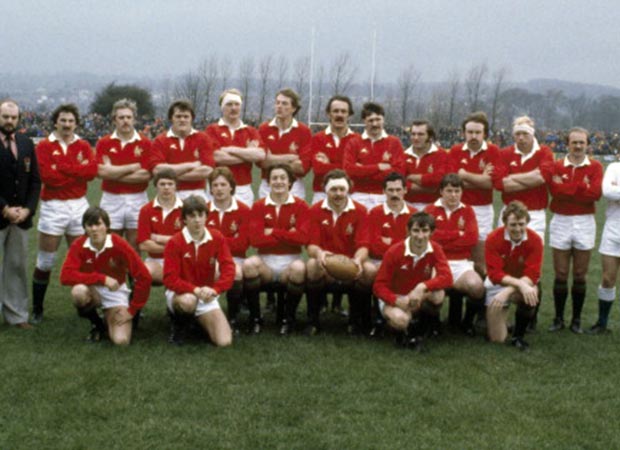 Ask Seabrook whether playing tighter, kicking accurately, and making sure your kick-chase is unrelenting is a new formula and he says not. However, he identifies a crucial axle in the pack, around No.8 Kieran Read and locks Brodie Retallic, right, and Sam Whitelock, which the Lions should attempt to buckle.
Ask Seabrook whether playing tighter, kicking accurately, and making sure your kick-chase is unrelenting is a new formula and he says not. However, he identifies a crucial axle in the pack, around No.8 Kieran Read and locks Brodie Retallic, right, and Sam Whitelock, which the Lions should attempt to buckle.
“You cannot allow New Zealand to be on the front foot. You saw when they lost to Ireland that if Retallick and Whitelock don’t play they are vulnerable. When those two play in the second row their front five gives Kieran Read the freedom to create havoc from No.8. But when they weren’t there in Chicago, Read had to go grafting for himself – and it made him less effective.”
Seabrook adds: “If you put a watch on this fast game the All Blacks play, they are only ever two to three seconds at a breakdown, with a minimum of people in there – maybe two or three players. So, by the time you get there, the ball has gone. That’s why you make sure they are not on the front foot. That’s the way to beat them.”
He also endorses a Lions selection policy where every player, irrespective of reputation, has to fight for his place. “I like the look of this England team under Jones, and he’s not frightened of dropping anybody. It was the same when Warren Gatland dropped Brian O’Driscoll (on the 2013 tour) – it’s essential that players know you’ve got others good enough to go in their place, and that they are all picked on performance.”
There is one further crucial factor according to Seabrook. “When Eddie Jones got his award on Monday he was asked what made a good coach and he said ‘Good players’. I told him that was so right – unless you’ve got good players you’re going to really struggle.”
Seabrook says that the good news for the 2017 Lions is that they are well blessed in that department.
“The Lions have got some very good players to pick from, and in Warren Gatland, Andy Farrell and Steve Borthwick they’ve also got some astute former players who have become good coaches. New Zealand will have to be at their best to beat us.”
Seabrook adds: “If we have that bit of luck, and players remain fit, we are in with a good chance”.
It is an end note that is not only stalwart, but optimistic, from a coach who is one of the few who have been there and done it in emphatic style against the All Blacks.

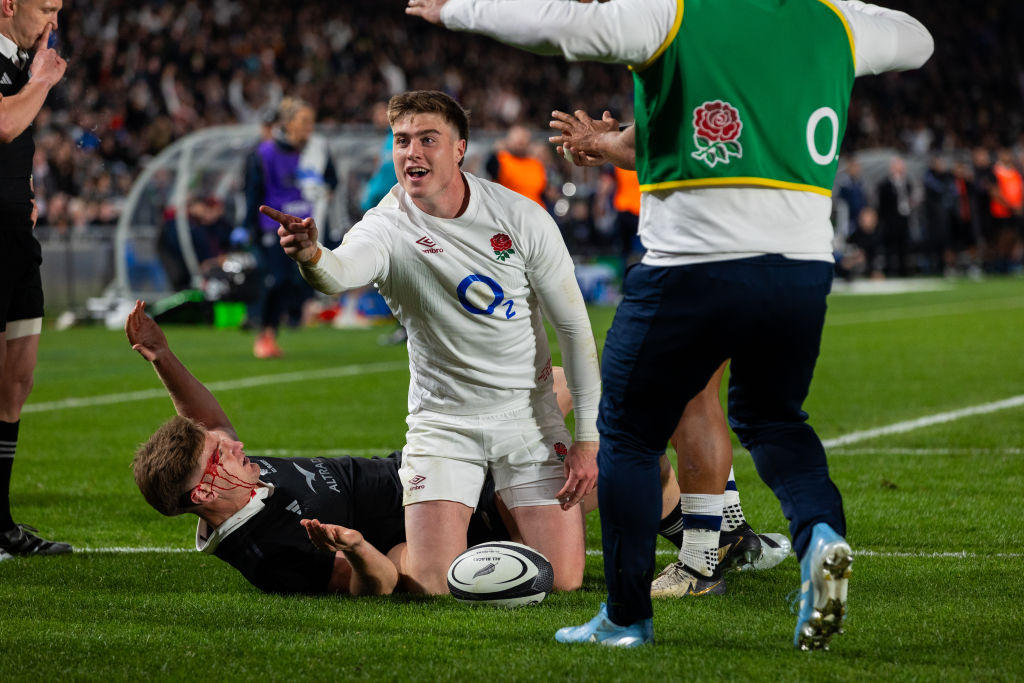
British and Irish Lions
From Leicester reject to a British and Irish Lion: Tommy Freeman’s stellar rise
Latest News
Steve Diamond: Franchise league a good idea

International Rugby
Touring Japan with Wales is my goal says Dan Edwards
















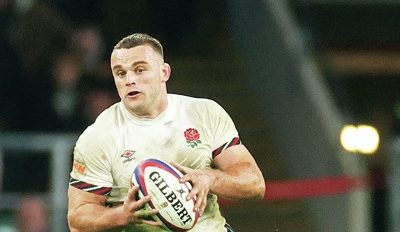



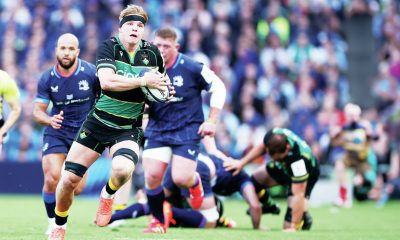

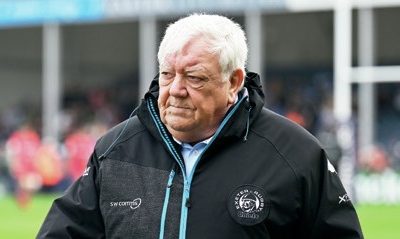

You must be logged in to post a comment Login